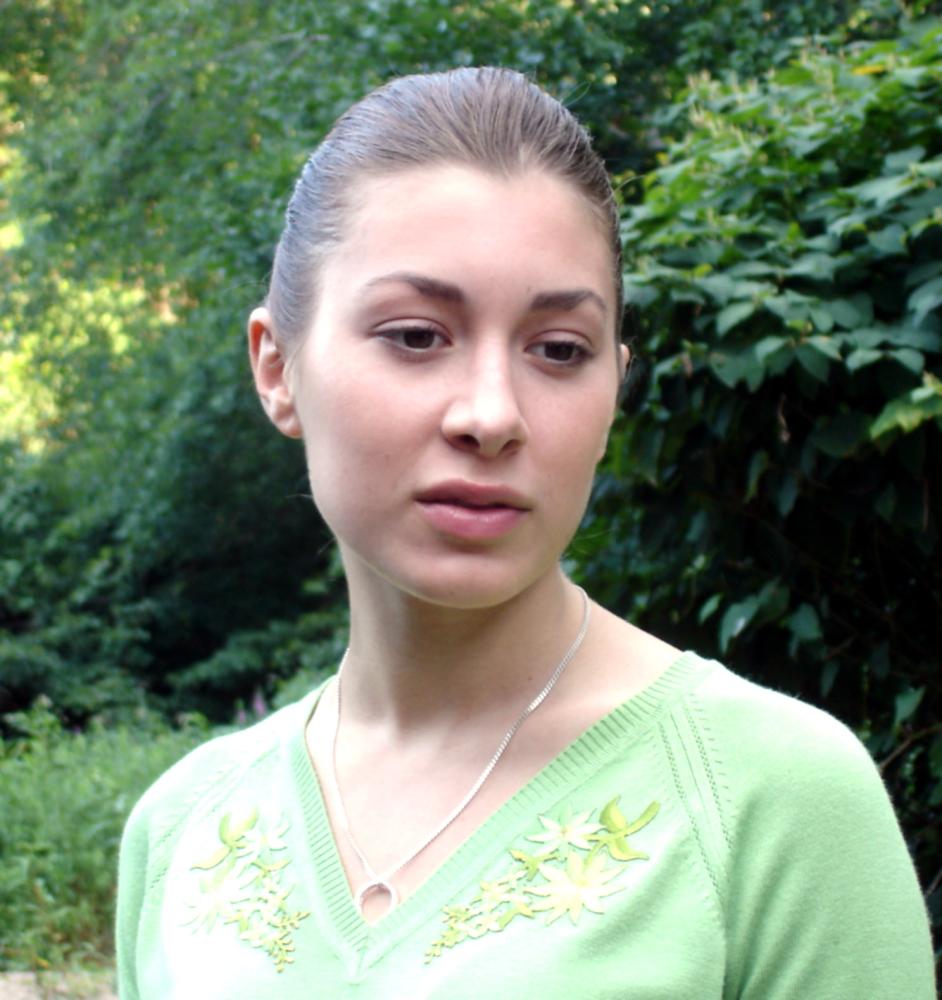 5. The Girl Next Door
5. The Girl Next Door
Okay, I have a strong stomach; I've watched some brutal, even indefensible stuff at the extreme ragged ends of the horror genre, and while it bothers me I also recognise it as fiction, in the final analysis. Grand Guignol has its place. Splatter can be downright fun. Depictions of torture a Warner Bros cartoon writ large, stupid and goofy as hell. Horror can often be a carnival ride, and we know that after all the screaming in the darkness, we'll eventually trundle out on predetermined tracks, blinking in the daylight and laughing. Nervously? Sure. But laughing, all the same. However. This pretty much gore-free movie, based on Jack Ketchum's excellent novel, which itself was based on real events, will not make you laugh or fist-pump the air or shriek wildly. It quite simply damages you on some level. Or, I should say, it did me. Not even fully sure why. Something about faith in humanity being shaken. About how girls suffer at the hands of boys. Or, perhaps worse, at the hands of women. About the potential depths of cruelty in humans, regardless of whether their reproductive organs are internal or external. About the sheer power of... well, power. It's harrowing. And heartbreaking. Yet it's brilliant. If you like your monsters very much of the human variety, grown from a particularly middle-American patch of small town soil and tied to a rotted trellis by a virulent braid of repressed female sexuality, internalized loathing, and the awful human propensity to bow to mob rule, watch this film. But fair warning: this is the real torture porn. And you won't forget it. I mean that.
6. Melancholia
Again, not horror, I hear people whisper. To which I'll say this: if the impending collision of the Earth with a rogue planet ten times larger, and the subsequent annihilation of everything we hold dear isn't horror then I don't know what is. But the point of this oddly quiet apocalyptic film is how we respond to this impending doom, or even whether we believe it's approaching at all. And deep down, it's about depression, of course (the title's kind of a giveaway). It's slow, gorgeous, wrenching and yet oddly comforting, in that those brave enough to face the reality of our loneliness are perhaps better equipped to also face the negation of everything.
Whatever else, this eerie virus of a film distracts you with its unique elegiac mood while gouging whole new hollows inside you.
Oh, and excellent performances by all the actors, as in most von Trier films.
7. Irréversible
Continuing with undeniably controversial themes, Gaspar Noe's sickening and disorienting Irréversible is about the randomness of trauma, about how something awful can be waiting for anyone at any point anywhere. And how such things can never be "made right" again—not by vengeance, not by time, not by natural justice. Except it isn't just about that. Because it tells its story backwards, and with such emotive force, most of its horror is front-loaded, which only makes it more wrenchingly sad in the end, and perversely lovely. But seriously, this film features two of the most traumatic cinema moments I've ever endured, so fair warning. (Oh, plus, it features the sublimely gorgeous Monica Bellucci, which itself is double-edged, since she is utterly and mercilessly brutalized to a point no one can possibly feel okay about it, no matter how often the phrase "in the service of art" is wheeled out like a bloody gurney. Yeah, it made me angry. But that's the point.)
8. Antichrist
Controversial and disturbing, which goes without saying in a Lars von Trier movie, but Antichrist drills way, way deeper. It's about men and women and the awful history of the struggle (from one very skewed perspective) between the sexes. There's beauty, but there's mostly horror and demonization. Von Trier uses the tired horror trope of the cabin in the woods and injects a dark new life into it. Or, actually new death-in-life. And yet, it's *still* beautiful. Eden or Hell? Christian myth or atavistic pantheism? Guilt or scapegoating? Grief or fear or desire? Is it misogynistic or is it about misogyny? All I can say is that despite the critical focus on one notorious and horrifying scene of genital mutliation, there is enough here to make the eyes of either gender water. Chaos reigns, indeed. Brilliant, creepy, underrated film.
This scene I was completely unable to shake. It disturbed me on some level the existence of which I'd previously been almost wholly unaware, except in nightmares.